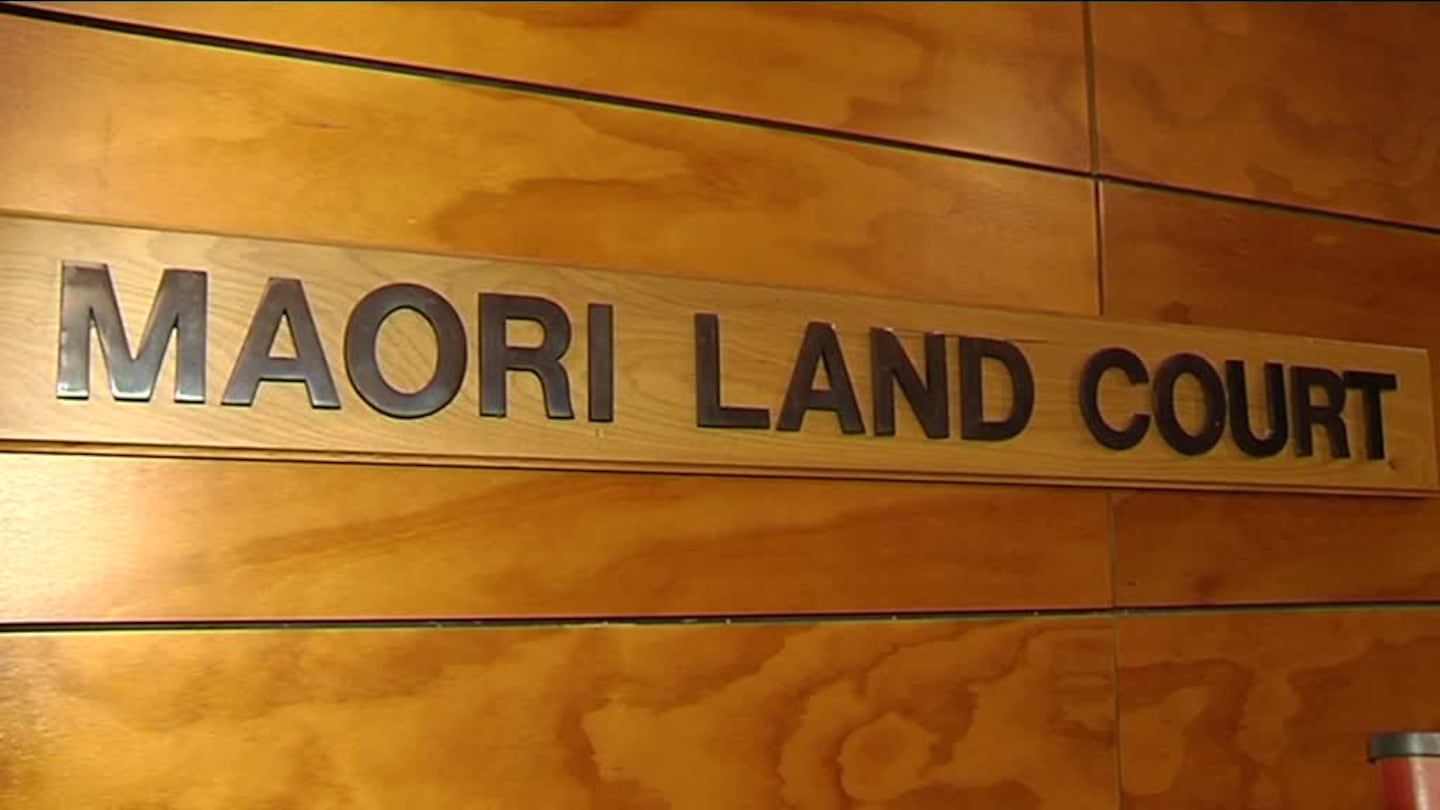A farmer wanted to partition out his interests in Māori freehold land, but Māori landowners opposed the move, wary of more land being taken from them.
Donald Richards and his family own Bragenham Farm Limited (BFL) which owns 46% interest of a block of land, while the remaining 54% is owned by Māori landowners.
Richards applied to the Māori Land Court to grant partition to allow him, sole non-Māori owner of the block, to create his own title.
A decision, released earlier this month, noted a house on the block burnt down on Waitangi Day 2024, a day before the hearing.
At that hearing, Judge Aidan Warren directed opposition from some of the Māori landowners be heard, as well as further submissions from the landowners.
His decision noted the block was 75.1328ha of Māori freehold land near Whanganui.
Furthermore, there were 61 owners in that block, of which BFL owned 46%, equating to 35ha.
There was no governance structure over the block, which had been previously leased to BFL, with that lease expired on September 30, 2018.
The Richards family had leased the property from the owners for the past 40 years, and continued to lease it without a formal agreement since 2018.
A registered valuation of the block, which was a mixture of hill country and flat land, was $810,000 in 2024, meaning BFL’s shares were valued at $372,600.
Since Richards filed the application in 2018, there had been multiple adjournments, while meetings failed to get the required quorum.
In 2022, he sought a formal partition of the block, proposing it be split into two new titles of land. That proposal was submitted a year later, with Richards submitting that the partition had been designed so that it “achieves equity between the owners and ensures the effective use and development of the land in the future”.
That included that both parties would receive a mixture of hill country and flat land, but the Māori landowners would receive more flat land than Richards.
The Māori landowners’ block would include suitable sites for forestry and housing, Richards’ application stated, along with providing profit estimates and funding options for them.
Richards’ application stated he was happy to give the share of the rent which would be owing to him to the other owners if the partition was approved.
But if not, he would have to stop his involvement in the block as it was uneconomic.
At a preliminary hearing some Māori landowners objected to the partition, with the court receiving more correspondence from others.
Issues raised included that a partition would incur generational loss and contradicts the spirit and letter of Te Tiriti, while breaching the Māori owners’ rights as tangata whenua and mana whenua.
Submitters noted that the block holds cultural, historical, and spiritual significance to their whānau.
Partitioning the land would disrupt their connection and impede their ability to pass down whakapapa, traditions, and stories to future generations.
Judge Warren noted the only owner now supporting the partition was the applicant, while several owners strongly opposed it.
“Here, even though several owners have come to the party late, their opposition is clear, strong, and understandable.”
While he noted Richards’ sizeable shareholding “there needed to be more support from the Māori landowners to conclude that there is sufficient support”.
“The Māori landowners who appeared do not want any more land taken from them.”
Nor did they want to have the parent block reduced any further, even though they accept that the non-Māori applicant owns just under half of the shares in the block. In legal terms, owners of land as tenants in common, own every inch of the land relative to their shareholding.
But in tikanga terms, Judge Warren noted, “Māori have a relationship with every inch of the land, relative to their tikanga responsibilities being exercised.
“It is this tikanga lens that wins the day here and it will be this tikanga based relationship that will be impacted if I granted the partition.”
He declined the application.
- Stuff


